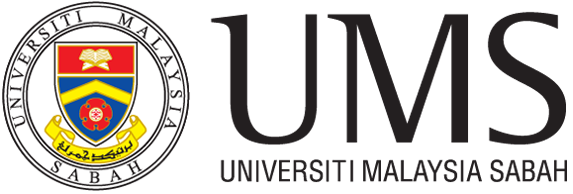Part 4 Overcoming Technological Challenges in Online PBL
In the online environment, unique technological challenges can arise that hinder the implementation of problem-based learning (PBL). These challenges are distinct from the general pedagogical issues typically faced in online PBL (OPBL) (e.g., student engagement or assessment) and relate directly to the digital tools and platforms required for effective facilitation. The following technological barriers must be addressed:
- Teacher and Student Preparedness: Both teachers and students may struggle to use the required tools and platforms effectively. While facilitator may be adept at teaching content in traditional settings, they may lack experience or training in using digital platforms effectively. On the other hand, students may not be familiar with the tools or the virtual learning environment.
Example
A teacher using a new learning management system (LMS) such as Moodle or Google Classroom may face difficulty in setting up discussion boards, virtual collaboration spaces, or online assessment tools. If the teacher has not been adequately trained to manage these functions, the learning experience may become disorganized, leading to frustration among students.
Some students may not know how to navigate virtual breakout rooms in Zoom for group discussions or may struggle to upload assignments in formats required by the platform. This disrupts their participation in OPBL, hindering their ability to contribute meaningfully.
Solution: Providing mandatory training sessions for both teachers and students can alleviate these issues. For instance, schools or institutions can offer workshops on using LMS features effectively and tutorials on collaborating via digital tools like Google Docs or Microsoft Teams.
- Technological Resources and Tool Selection: Selecting the appropriate online tools for collaboration, communication, and content delivery is critical. The wrong tools can also hamper an facilitator’s ability to assess student performance and provide timely feedback.
Example
If a school adopts a complex or expensive platform that students are unfamiliar with, it could cause delays in completing group projects. For instance, using a specialized 3D modeling tool for an OPBL activity about physics might be overwhelming for students if they have not been trained on it, leading to decreased participation and project quality.
In an OPBL setting, using email chains for group collaboration rather than more dynamic tools like Slack or Discord can slow down communication, hinder real-time discussions, and reduce the overall efficiency of the learning process.
Solution: Schools need to invest in tools that are both user-friendly and suited to the task. For instance, a tool like Padlet for brainstorming or Miro for virtual whiteboarding can provide interactive spaces for students to collaborate on solving complex physics problems in real-time. Before implementing these tools, educators should trial various platforms to determine which best suits their students’ needs and technical capabilities.
- Ensuring Technological Accessibility: In an online setting, ensuring that all students have equal access to the required technology—whether hardware or software—can be challenging, especially when students come from diverse socioeconomic backgrounds.
Example
In a physics-based OPBL scenario that requires students to use high-powered computers for simulations (e.g., calculating the trajectory of a spacecraft), some students may lack access to machines capable of running the required software, thus limiting their ability to participate fully in the project.
Solution: Schools and institutions need to ensure that all students have equal access to the technology required. This can be done by offering loan programs for laptops and tablets, providing internet subsidies, or ensuring that assignments are accessible on low-tech devices. Additionally, assignments can be designed to allow flexibility in the tools used, so students aren’t constrained by what they have access to.
- Technical Support and Maintenance: Technical issues are inevitable in an online environment, from system crashes to software bugs and connectivity issues. Without adequate technical support, these problems can lead to lost learning time and frustration for both students and educators.
Example
During an OPBL session, students working on a group project might encounter issues such as video conferencing software freezing during a crucial presentation or cloud storage services being inaccessible when uploading their assignments. Without timely technical support, this could delay the learning process and demotivate students.
Solution: Schools can offer self-help guides for common problems, such as troubleshooting connectivity issues or understanding how to access specific digital resources.
- Ensuring Data Security and Privacy: With the increasing reliance on online platforms for PBL activities, protecting student data and ensuring compliance with privacy regulations becomes a priority. Security vulnerabilities can expose students’ personal information or even lead to cyberattacks.
Examples
In an OPBL platform that requires students to upload personal information, such as email addresses or identification numbers, a lack of encryption or improper data handling can put sensitive data at risk. Additionally, using unsecured video conferencing tools may expose students to security breaches, including unauthorized access to live sessions.
Solution: Institutions should prioritize platforms that provide robust security features, such as end-to-end encryption for communication and secure data storage. Educators should also ensure that students are aware of basic cybersecurity practices, such as using strong passwords and avoiding sharing personal information on unsecured websites or platforms.
By focusing on these technological aspects, educators can better prepare to overcome the hurdles of online problem-based learning, ensuring a smoother learning experience for both facilitators and students.

